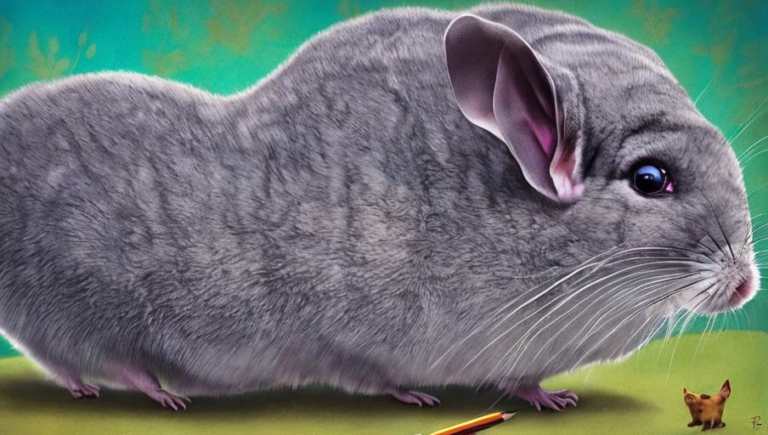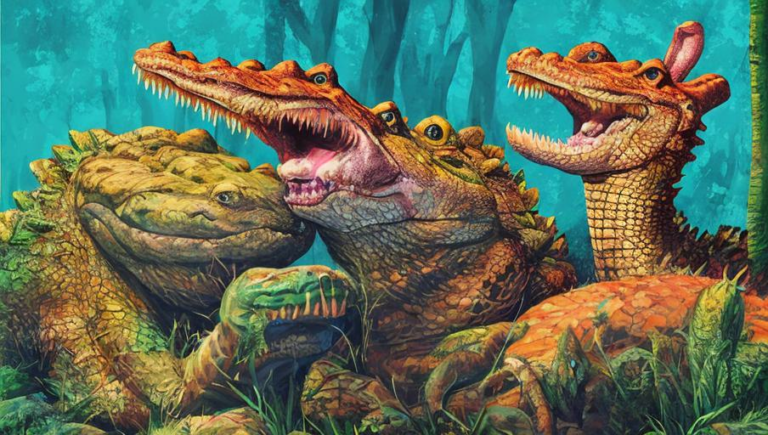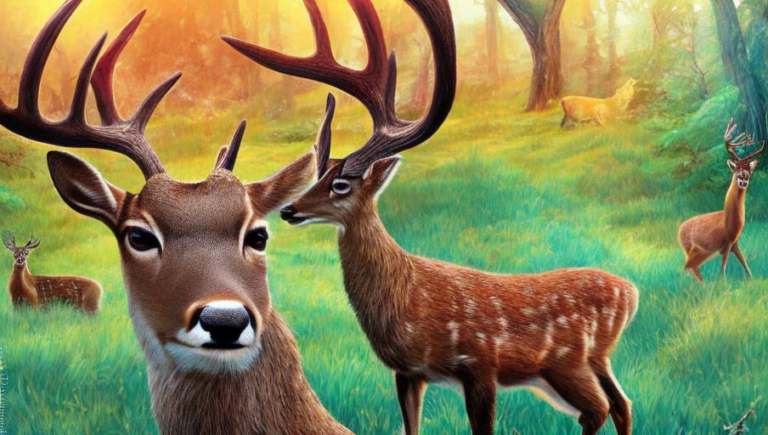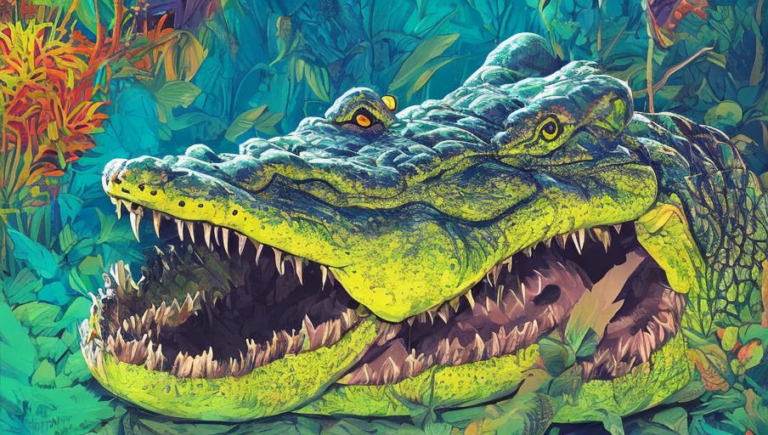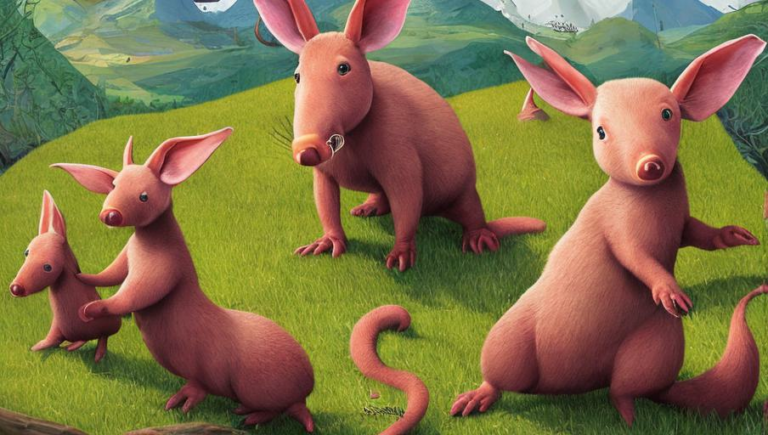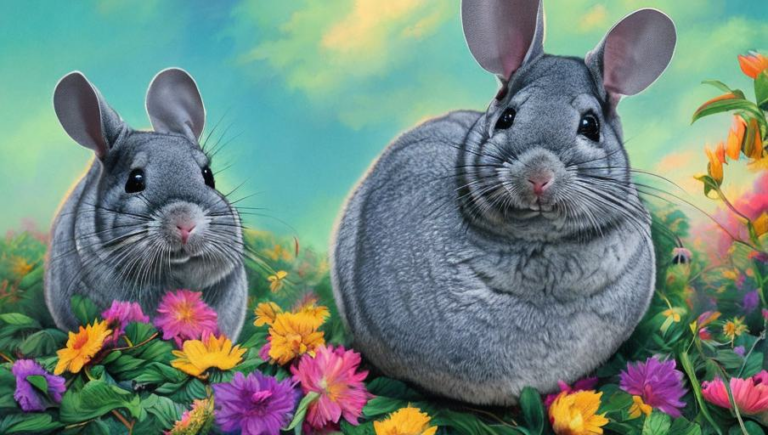Why Dolphins are Important to Our Ecosystems
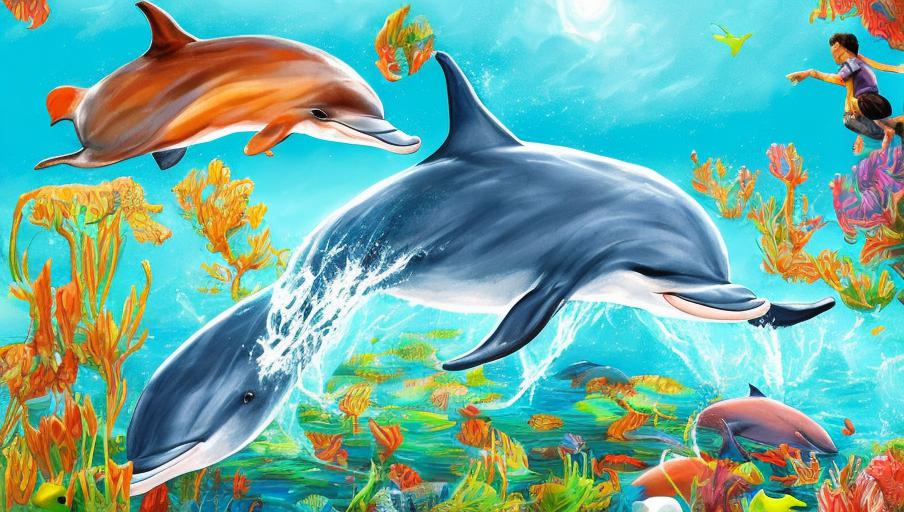
Introduction
Dolphins are an incredibly intelligent and social species of marine mammal that have been a part of the world’s ocean for thousands of years. They play a vital role in the balance of marine ecosystems and have been the subject of popular culture for decades. Dolphins are an amazing species and are important to our ecosystems in a variety of ways.
Dolphins as Predators
Dolphins are apex predators that help control the populations of other marine species. By preying upon species such as squid and fish, they help to maintain the balance of the ocean’s food chain. They also help to regulate the populations of these species, preventing them from becoming overpopulated and depleting the ocean’s resources.
Dolphins as Symbols of Marine Conservation
Dolphins are iconic symbols of marine conservation and are often used to help raise awareness of the importance of marine ecosystems. By promoting responsible fishing practices, dolphin-safe fishing initiatives, and ocean conservation, dolphins help to protect the oceans and their inhabitants.
Dolphins as Tourist Attractions
Dolphins are also important to the tourism industry. Sightings of dolphins in the wild are often popular tourist attractions and can bring in much-needed revenue to local communities. This can make a significant difference to their economies, helping to support their businesses and their people.
Dolphins as Indicators of Ocean Health
Dolphins are also important as indicators of ocean health. By monitoring the health of dolphins, scientists can get a better understanding of the overall health of the ocean. This can help them to identify any potential problems and take steps to protect the ocean’s resources.
Conclusion
Dolphins are an incredible species, and their importance to our ecosystems cannot be overstated. They are important predators, symbols of marine conservation, tourist attractions, and indicators of ocean health. It is important that we continue to protect dolphins and their habitats so that they can continue to play an important role in our world for generations to come.
